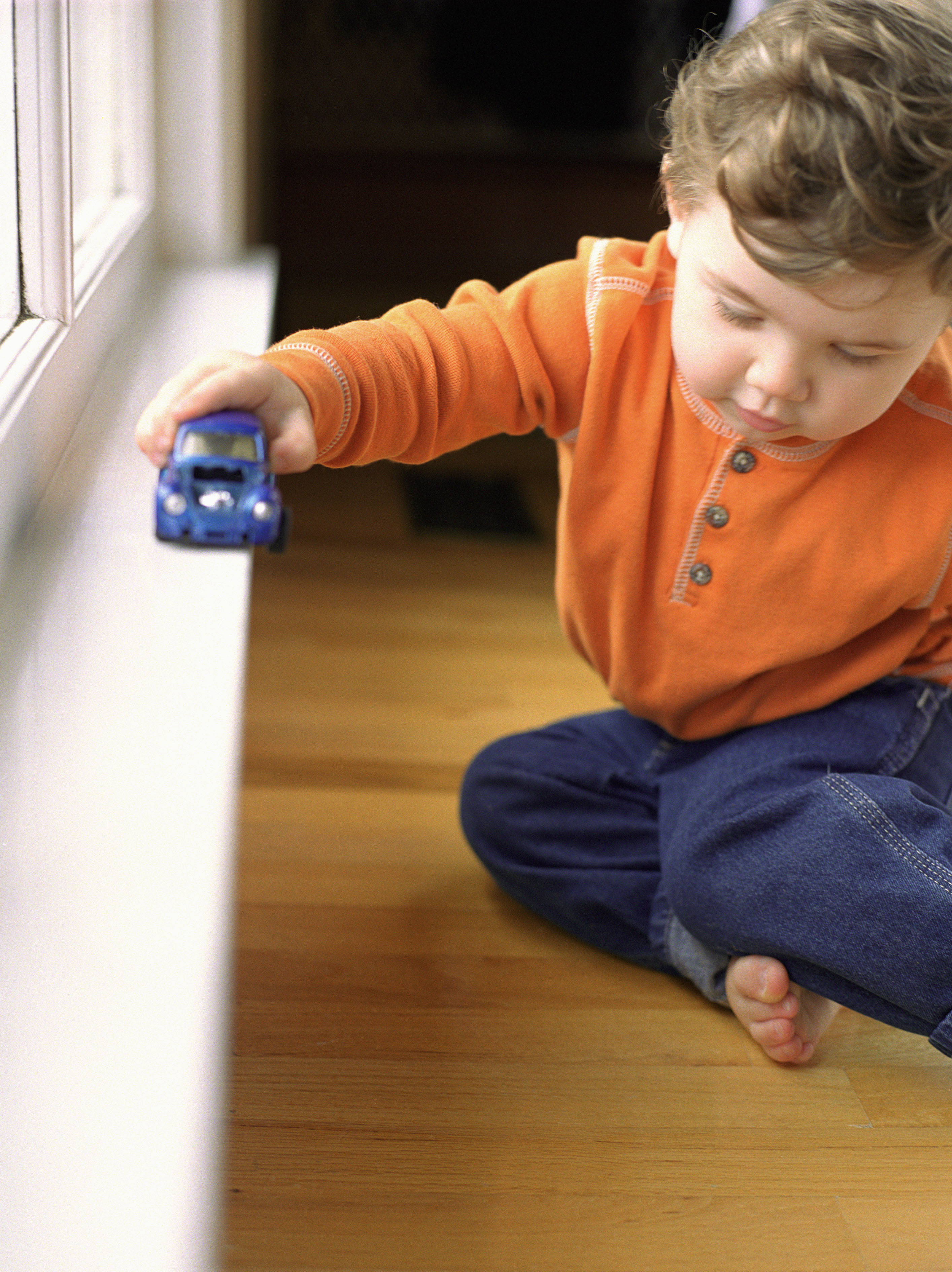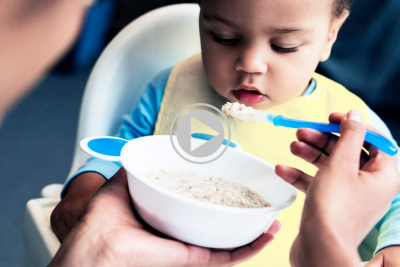A question I commonly hear from parents is, “Why should I reward my child for a behavior that he should just do?” While I understand where this thought originates, the answer to this question is simple. Our children are not internally motivated to do all of the behaviors we expect of them…yet. Offering external motivators, or rewards, to help encourage desirable behaviors is a way to encourage a child’s compliance with a behavior that we believe is important (like cleaning a room, eating vegetables, or sharing with a sibling – let’s be honest, we can understand why kids don’t always want to do these things). Rewards paired with social praise from parents helps to generate an internal motivation to complete these behaviors. Rewards do not have to be used forever, but they can be quite helpful for now. They can then be faded out once the behavior becomes a part of a regular routine or becomes more valued by your child.
Setting up an appropriate behavioral strategy is important, though the key to a successful behavioral plan is the reward. There are 6 things to keep in mind when choosing the best reward.
1. The reward must fit the behavior.
You cannot offer a reward as big as a new high priced toy when the behavior is small. Good behavior for a short trip in the store can earn a piece of candy, but we do not have to lead our children to expect big payoffs for completion of small tasks. A good reward does not even have to cost money.
2. It must be sustainable.
We have to choose rewards that we can continue to offer. We cannot offer going out to dinner as a reward because you are likely not willing or able to do it each night. If we cannot follow through on what we offer, our child will be less likely to work hard for the reward.
3. A reward must be important to your child.
Stickers can be great for some kids; however, others couldn’t seem to care less. Just like adults, our kids do not want to work for something that they don’t want. Getting a child’s input on what they are willing to work for is very helpful. For an older child, you might even consider creating a “reward menu” so that a child can choose what they are earning.
kids do not want to work for something that they don’t want. Getting a child’s input on what they are willing to work for is very helpful. For an older child, you might even consider creating a “reward menu” so that a child can choose what they are earning.
4. It must be something that you are willing to withhold.
Be sure the reward is something that you’re willing to keep from your child. For example, do not say that you will not allow them to go to their cousin’s birthday party if they don’t earn it, when you know that you have to bring them because your whole family expects your child there. Refrain from using activities you’ve already purchased (swim lessons, gymnastics class) as a reward, because this creates a conflict for us as parents if they don’t earn it. We don’t want to waste our money, though it is essential that we follow through on withholding rewards that are not successfully earned.
5. Consider rewards that are consumable.
Consumable does not have to mean edible, but a reward should be use-up-able. If a child earns a reward that they then can use up, they will have more motivation to try to earn it again. If a child is offered a matchbox car each time he successfully goes potty on the big boy potty, it will only take a matter of days before he has earned all of cars he can carry with him; then “thank you very much, I don’t need to work for these anymore, I have all I need.”
6. Children should have infrequent access to the reward otherwise.
Lastly, rewards should be things that kids can’t normally get their hands on otherwise. If your child has unlimited access to TV or video games after school, then stating that they can earn time for their video game as a reward has much less value than if they don’t get to play at all unless it is earned. Rewards should be a privilege.
Rewards can be things, choices, privileges, activities, escapes…. Examples include:
Screen time (TV, iPad, video games)
Extra book before bed
Dessert after dinner
Candy
Stickers
Extra minutes before bed
Choosing a game to play with parents
Don’t have to clean up toys
Time to ride your bike
Time to play outside
Choosing dinner
“While the type of reward may vary depending on the child, the reward for parents is universal – a well-behaved child!”





This is a topic ѡhich is near to my heart… Many thanks!
Exactly where are your contact details thougɦ?